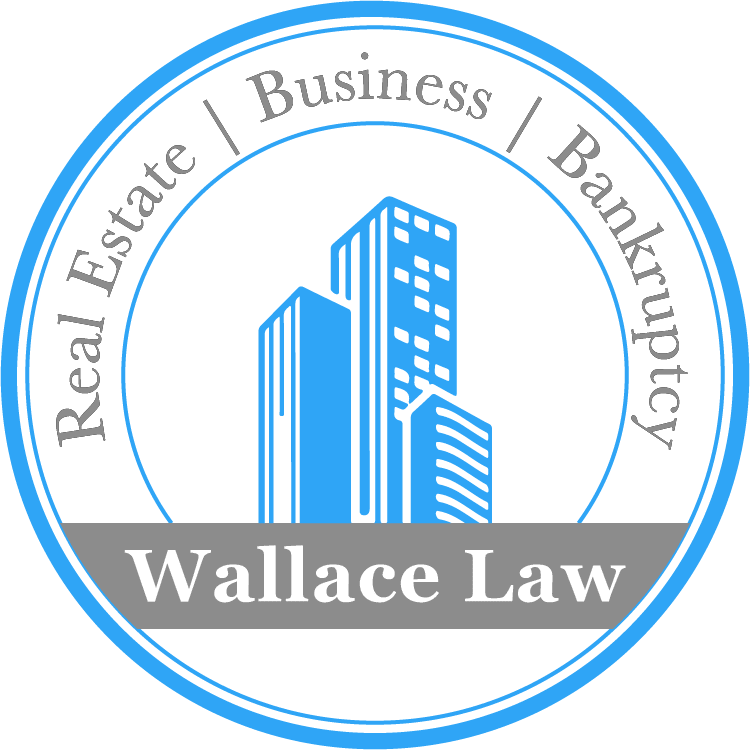At Wallace Law, we understand that business bankruptcy can be a challenging and complex process. Below are answers to some of the most common questions business owners have about bankruptcy to help you make informed decisions.
What is business bankruptcy?
Business bankruptcy is a legal process that allows a company to restructure or eliminate its debts under court supervision. It helps struggling businesses either reorganize to continue operating or liquidate assets to pay creditors.
What types of business bankruptcy are there?
The most common types include:
- Chapter 7 Bankruptcy: Liquidation of business assets to pay creditors, usually resulting in closing the business.
- Chapter 11 Bankruptcy: Reorganization allowing businesses to restructure debts and continue operations while repaying creditors.
- Chapter 13 Bankruptcy: Primarily for individuals or sole proprietors with steady income, less common for larger businesses.
How do I know if my business should file for bankruptcy?
If your business cannot pay bills on time, faces lawsuits, or creditors are aggressively pursuing you, bankruptcy might be necessary. An experienced attorney can help analyze your situation and recommend the best option.
How does Chapter 11 bankruptcy work?
Chapter 11 allows a business to propose a reorganization plan that may include renegotiating contracts, downsizing, and adjusting debt terms. The plan must be approved by the court and creditors to help the business return to profitability.
Will filing bankruptcy protect my business from creditors?
Yes. Filing business bankruptcy triggers an automatic stay that stops most collection efforts, lawsuits, and foreclosures immediately, giving your business time to reorganize or liquidate.
Can I keep control of my business during bankruptcy?
In Chapter 11 cases, the business often remains in control as the “debtor in possession” but under court oversight. In Chapter 7, a trustee is appointed to manage asset liquidation.
What happens to contracts and leases during bankruptcy?
Bankruptcy law lets your business reject or renegotiate unfavorable contracts and leases to reduce financial burdens and improve viability.
Are business owners personally liable for business debts?
It depends on your business structure. Sole proprietors and partners may be personally liable, while corporations and LLCs generally offer personal liability protection.
How will bankruptcy affect my business credit?
Bankruptcy will initially negatively affect your credit, but it can also provide a fresh start. Many businesses rebuild credit and return to financial health after bankruptcy.
Can I file bankruptcy for my business only?
Yes, corporations and LLCs file separately, protecting owners’ personal assets. However, sole proprietors’ business debts are usually personal debts as well.
How long does the business bankruptcy process take?
- Chapter 7: Typically a few months.
- Chapter 11: Can last months to years, depending on complexity.
How much does filing business bankruptcy cost?
Costs vary based on case complexity, chapter filed, and attorney fees. Filing fees are set by the court. Your attorney can provide a clear cost estimate.
What alternatives exist to bankruptcy for struggling businesses?
Alternatives include negotiating with creditors, debt restructuring outside court, and selling business assets. We help you explore all options.
How do I get started with business bankruptcy?
Contact Wallace Law to schedule a consultation. Our attorneys will review your business’s financial situation and guide you through the best legal steps.
Need More Answers?
If you don’t see your question here or want personalized advice, please contact us or call us at 561-400-3896 (Palm Beach County), 754-367-8375 (Broward and Miami-Dade) or 239-789-4999 (Southwest Florida) today. We’re here to help you regain financial control.
